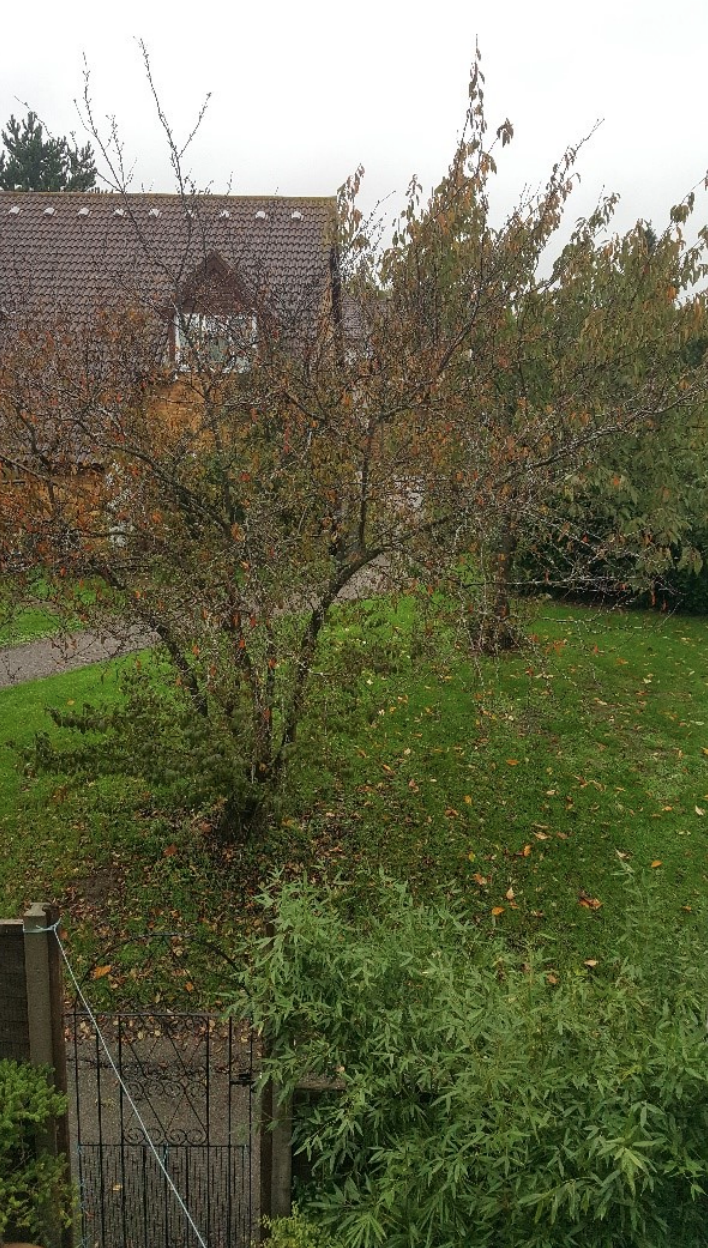Permaculture Principle: Small and slow...
This is the second post in a series exploring permaculture principles and how they relate to our work.
Small and slow solutions is one of my favourite Permaculture principles. Not only does it relate to the type of interventions that a designer makes on a piece of land, it describes a helpful attitude to life.
Action Learning Cycle from Transition Network
On permaculture courses, I like to introduce this principle of small and slow solutions early and relate it to learning. The action learning cycle gives us a good guideline of what a full learning circle entails – reflection, analysis and planning are part of it just as much as action and experience and help us avoid the habitual cycle of doing the same mistake over again.
The garden therefore presents a perfect playground for the right learning attitude, as it requires our patience as we plant a seed, wait, learn what works and what doesn’t and try again later in the year or even the following year. I tell students that if they are new to gardening, starting small and slow might be helpful in avoiding overwhelm and disappointment that might come with tearing up the whole garden and failing.
Recently I have started, with the help of some other volunteers, to take over some trashed urban land adjacent to Treadwell; we basically want to clean it up and bring it back to life – that is the intention. While initially the amount of rubbish and rubble were making me wonder whether we’d ever get there, the small and slow attitude has helped regain optimism and excitement. Instead of clearing the whole site of trash first, we decided to take it step by step, clearing small areas and planting them up, making them fruitful, obtaining a yield (a related principle) and bringing abundance and small successes in as we go along.
‘Slow and steady wins the race.’
Also in business and start-ups, the small and slow principle has become prominent – here called the lean start-up model. This is an approach built on prototyping, testing ideas and assumptions and learning from them as the business grows and the business model develops. The entrepreneur is using small and slow solutions rather than spending endless hours at a desk working out a business plan to potentially find out that it won’t work.











